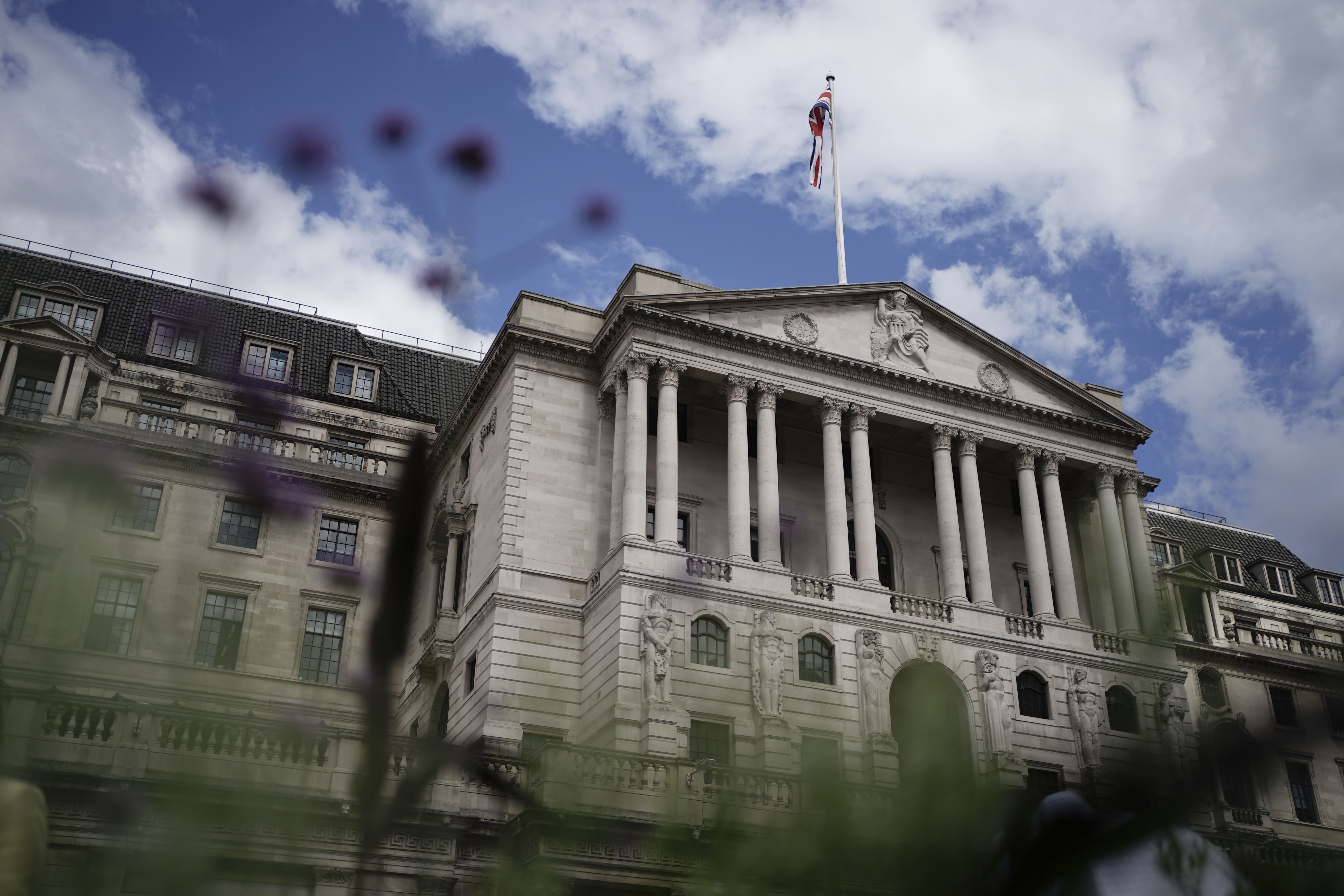Not yet time to ‘declare it’s all over’ on interest rates, warns bank governor
Andrew Bailey was speaking as rates were hiked to 5.25%, heaping more pressure on mortgage holders.

The Bank of England has raised interest rates for the 14th time in a row as it signalled that borrowing costs could stay high for a prolonged period of time to keep a lid on inflation.
Bank governor Andrew Bailey said it is not “time to declare it’s all over” on rate rises.
It comes after policymakers opted to increase interest rates to 5.25% from 5%, heaping more pressure on mortgage holders.
The Monetary Policy Committee (MPC) said some of the risks from more persistent inflation, notably wage growth, had “begun to crystallise”, prompting it to push borrowing costs higher.
Economists had thought the latest hike could be one of the last, with some predicting a pause in rates after one more rise.
But Mr Bailey insisted it is too soon to say when interest rates will begin to fall.
“We’ve had quite contrasting evidence in the last couple of months or so,” he said on Thursday.
“So I don’t think it is time to declare it’s all over and we’re sort of sticking where we are for the moment, because I think that really does sit at odds with the fact that we’ve had some very big pieces of news and they are not going the same direction.”
Furthermore, the MPC said in its report that it will keep interest rates “sufficiently restrictive for sufficiently long to return inflation to the 2% target”.
It gives a heavy indication that rates could stick around the current levels for longer than previously thought.
The financial markets were expecting interest rates to reach about 5.9% by the end of next year, significantly higher than the 4% average forecast in May.
Chancellor Jeremy Hunt acknowledged the rise in interest rates will be a “worry” for families and businesses, but he insisted the Government must stick to its plan to bring down inflation.
Mr Hunt told broadcasters: “Any rise in interest rates is a worry for families with mortgages, for businesses with loans… What the Bank of England governor is saying is we have a plan that is bringing down inflation, solidly, robustly and consistently.
“So the plan is working, but what we have to do as a Government is that we stick to that plan, we don’t veer around like a shopping trolley.”
In a boost for the Prime Minister and Chancellor, the Bank of England said it expects the Government to meet its promise to halve inflation by the end of the year.
Inflation eased more than expected in June and a new forecast from the Bank showed the rate of Consumer Prices Index (CPI) inflation will fall below 5% over the final three months of 2023.
Mr Bailey emphasised that inflation hurts lower income households the most, saying: “We do recognise, and I think it’s very important to say, that inflation has a very serious effect particularly on those least well off.
“But I will emphasise that the economy is more resilient. Yes unemployment has gone up a bit, but it is still at historically low levels.
“We haven’t experienced a recession and we’re not forecasting one.”
Meanwhile, two of the nine-strong MPC disagreed with the majority and thought rates should be hiked to 5.5%, while one member wanted to keep the rate unchanged.
Frances Haque, the UK chief economist for Santander, said: “The fundamental question remains when will the top of the bank rate cycle be reached given how high core inflation remains in the UK and how strong wage growth is.
“The pressure from repeated rate rises does have a habit of suddenly turning, but if inflation rates continue to fall the end of rising rates may be in sight. Although they are likely to remain at these elevated levels for some time.”